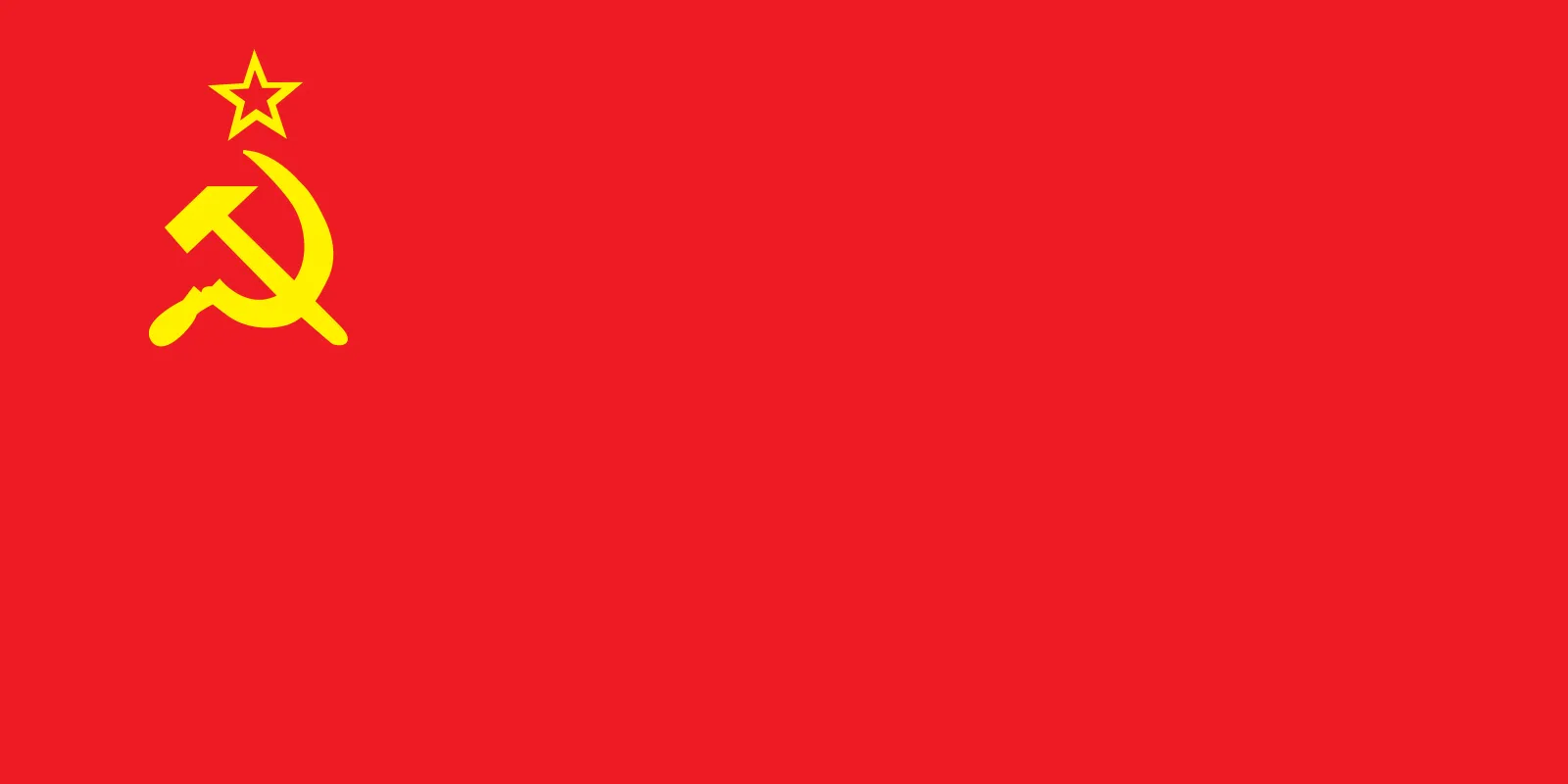The Soviet Union, a vast communist state that existed from 1922 to 1991, was one of the most influential political entities of the 20th century. It spanned a massive territory across Europe and Asia, encompassing diverse cultures, languages, and ethnicities.
The Birth of the Soviet Union
The Soviet Union emerged from the Russian Revolution of 1917, which overthrew the Tsarist autocracy. Led by Vladimir Lenin and later Joseph Stalin, the Bolshevik Party established a one-party socialist state. The Soviet Union was officially formed in 1922, uniting several Soviet Socialist Republics.
The Soviet Era
The Soviet era was marked by rapid industrialization, collectivization of agriculture, and a totalitarian political system. Under Stalin’s leadership, millions of people were persecuted and millions more died due to famine and forced labor. Despite the harsh conditions, the Soviet Union achieved significant technological advancements, particularly in space exploration and nuclear weapons.
The Cold War
The Cold War, a period of geopolitical tension between the Soviet Union and the United States, dominated the latter half of the 20th century. The two superpowers engaged in an arms race, a space race, and ideological competition, shaping the global political landscape.
The Decline and Fall of the Soviet Union
In the 1980s, under the leadership of Mikhail Gorbachev, the Soviet Union embarked on a series of reforms known as perestroika (restructuring) and glasnost (openness). These reforms aimed to revitalize the Soviet economy and political system. However, they ultimately led to the collapse of the Soviet Union in 1991.
The Legacy of the Soviet Union
The Soviet Union’s legacy is complex and multifaceted. It left a profound impact on global politics, economics, and culture. The Soviet Union’s achievements in science, technology, and education were significant. However, its authoritarian regime, human rights abuses, and economic stagnation also left a dark mark on history.
The collapse of the Soviet Union marked the end of the Cold War and ushered in a new era of global politics. The geopolitical landscape has been reshaped, and the world continues to grapple with the consequences of the Soviet Union’s rise and fall.

Leave a Reply